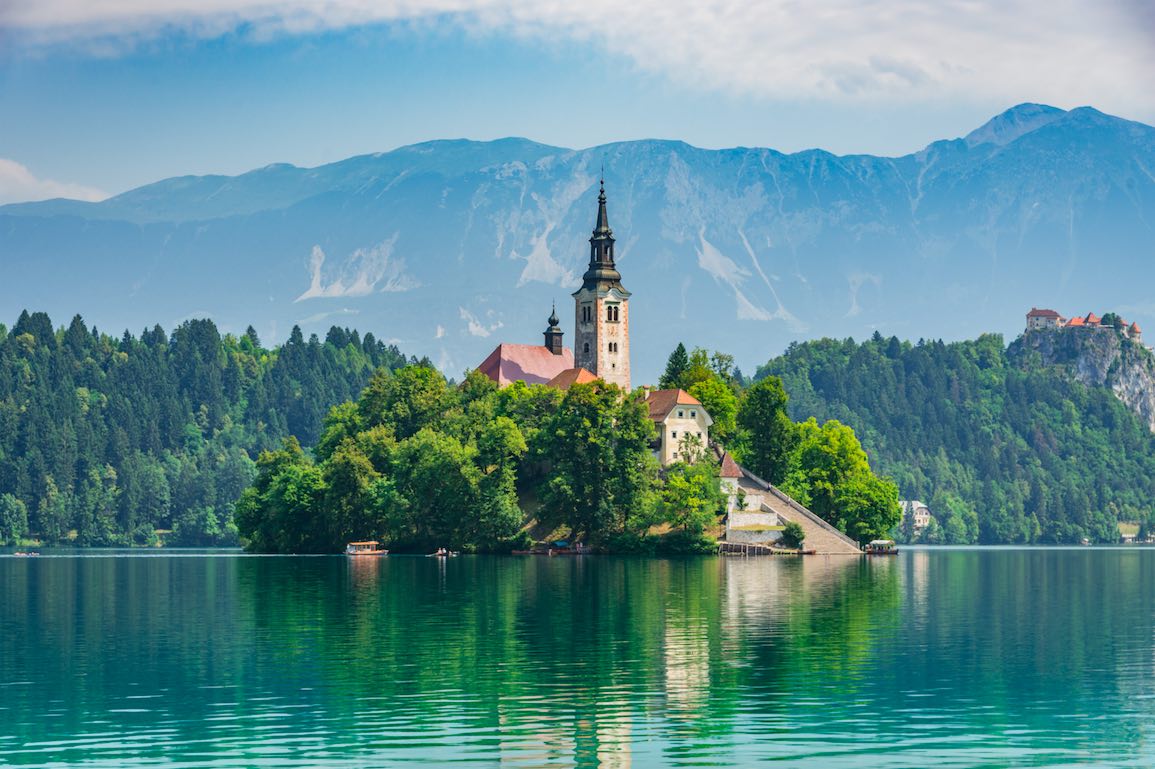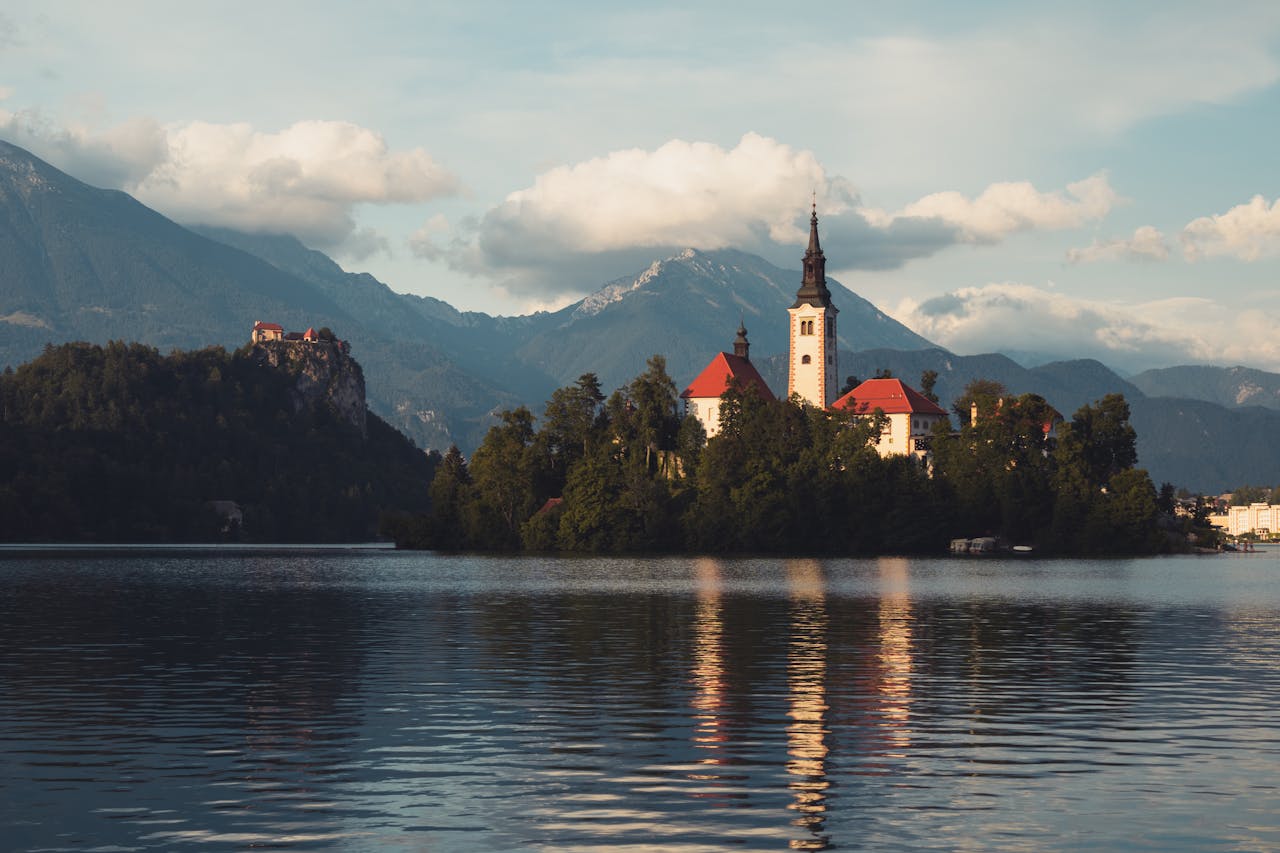斯洛維尼亞的市場研究
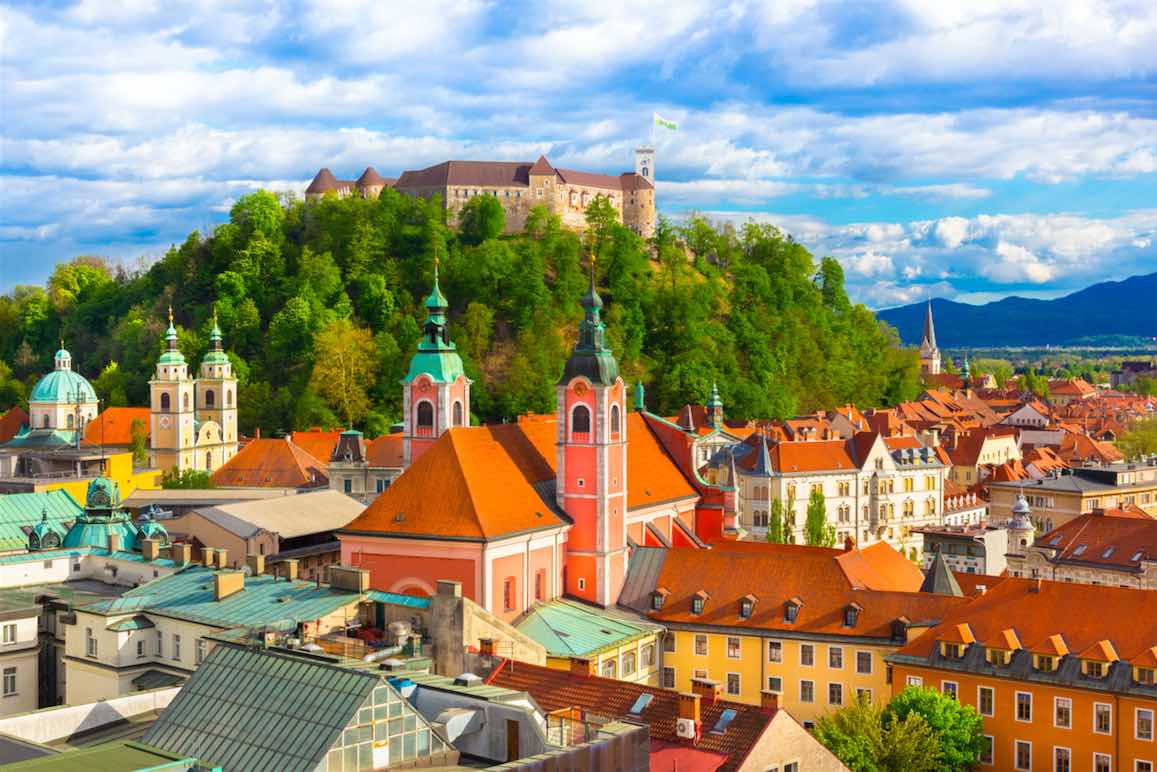
斯洛維尼亞憑藉其戰略位置、蓬勃發展的工業和良好的商業環境,成為市場探索和成長的有前途的目的地。這就是為什麼斯洛維尼亞的市場研究是了解該市場的關鍵工具。
什麼是斯洛維尼亞的市場研究?為什麼它很重要?
Market research in Slovenia analyzes consumer behavior, industry trends, and competitive dynamics within the Slovenian market. It helps businesses gain actionable insights into market opportunities and challenges.
This market research enables businesses to understand Slovenian consumers’ needs, preferences, and behaviors. Companies can tailor their products, services, and marketing strategies to effectively resonate with the local audience by gaining insights into consumer trends, buying patterns, and cultural nuances.
Moreover, it helps businesses to mitigate risks and uncertainties associated with market entry and expansion into Slovenia. Market research in Slovenia also empowers businesses to identify emerging opportunities and trends in the Slovenian market.
何時在斯洛維尼亞進行市場研究
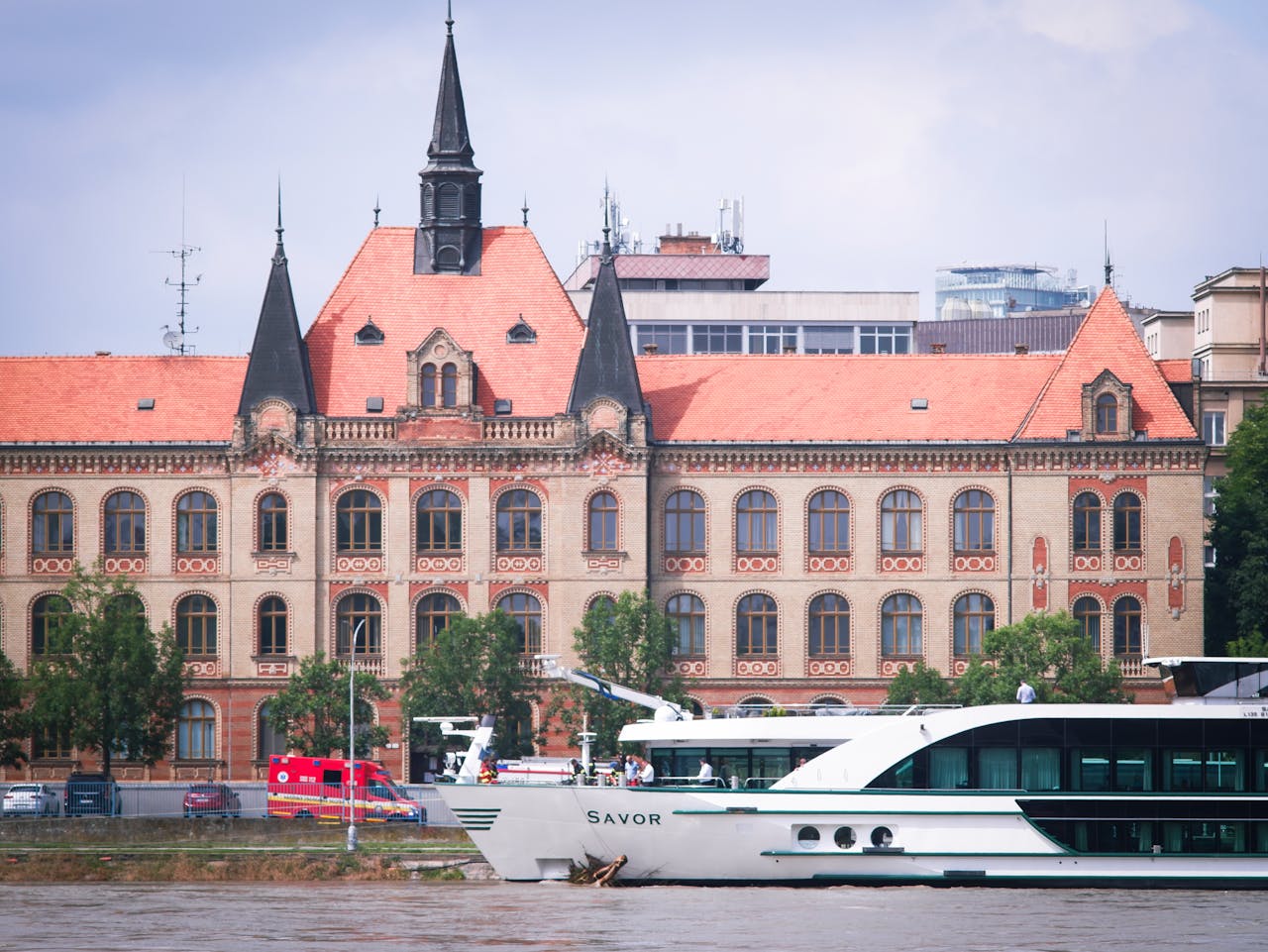
進入前 斯洛維尼亞市場, businesses should conduct preliminary market research to assess market feasibility, identify market opportunities and challenges, understand regulatory requirements, and evaluate the competitive landscape.
As businesses expand their presence in Slovenia, ongoing market research is essential to monitor market trends, track competitor activities, gather customer feedback, and adapt strategies to changing market dynamics, ensuring sustained growth and competitiveness.
同樣,在斯洛維尼亞市場推出新產品或服務之前,企業應進行市場研究,以衡量消費者接受度、測試產品概念、評估定價敏感度並調整行銷策略,以最大限度地提高產品成功和市場滲透率。
我們目前的市場回顧
我們相信,在持續的基礎設施發展、研發投資和熟練勞動力的推動下,斯洛維尼亞已準備好實現持續的經濟成長和多元化。政府促進創業、創新和外國投資的舉措預計將進一步增強該國的競爭地位和對該地區尋求擴張機會的企業的吸引力。
儘管斯洛維尼亞面積相對較小,但它為企業提供了充足的機會,透過策略性市場進入和擴張來實現有利的投資報酬率。斯洛維尼亞擁有穩定的政治環境、熟練的勞動力和進入歐洲市場的機會,是希望在更廣泛的歐盟 (EU) 市場建立業務的企業的門戶。然而,要在斯洛維尼亞市場取得成功,需要對當地市場動態、消費者行為和監管要求有細緻的了解。
有利於商業的政治氛圍

斯洛維尼亞新建立的政治體系概述了幾項新策略。這些策略使斯洛維尼亞發展了強大的市場經濟:
- 擁抱自由貿易
- 獎勵企業
- 遵循法治
- 融入洲際和西方組織
- 成為自由貿易和雙邊組織的締約方
- 貿易向西方擴展
- 加速私有化
經濟多元穩定
主要出口產品為道路車輛、馬達、化學產品、家具、鞋類、香菸及食品。旅遊業在獲取收入方面也發揮關鍵作用。斯洛維尼亞的部分進口產品包括運輸設備、機械、製成品、食品和燃料。斯洛維尼亞的經濟非常依賴國際貿易。
1990年代初,面對東南歐通訊和運輸網絡的崩潰以及南斯拉夫市場的喪失,斯洛維尼亞將貿易轉向歐盟及其聯繫國;目前,這些產品佔該國進出口的三分之二以上。其他貿易夥伴包括俄羅斯聯邦、塞爾維亞和波士尼亞黑塞哥維那。
此外,斯洛維尼亞擁有多元化的經濟,有幾個推動成長和創新的關鍵產業:
- 製造業:製造業是斯洛維尼亞經濟的基石,包括汽車、機械、電子和製藥業。著名公司包括 Gorenje(家用電器)、Revoz(汽車)和 Krka(製藥)。
- 旅遊:斯洛維尼亞的自然美景、文化遺產和戶外活動吸引世界各地的遊客。主要景點包括布萊德湖、波斯托伊納洞穴和首都盧布爾雅那。飯店、住宿和探險旅遊是斯洛維尼亞蓬勃發展的產業。
- 食品和飲料:斯洛維尼亞以其高品質葡萄酒、美食和傳統食品而聞名。食品和飲料行業包括釀酒、乳製品、糖果和有機農業,產品出口到歐洲和全球市場。
城市和旅遊景點
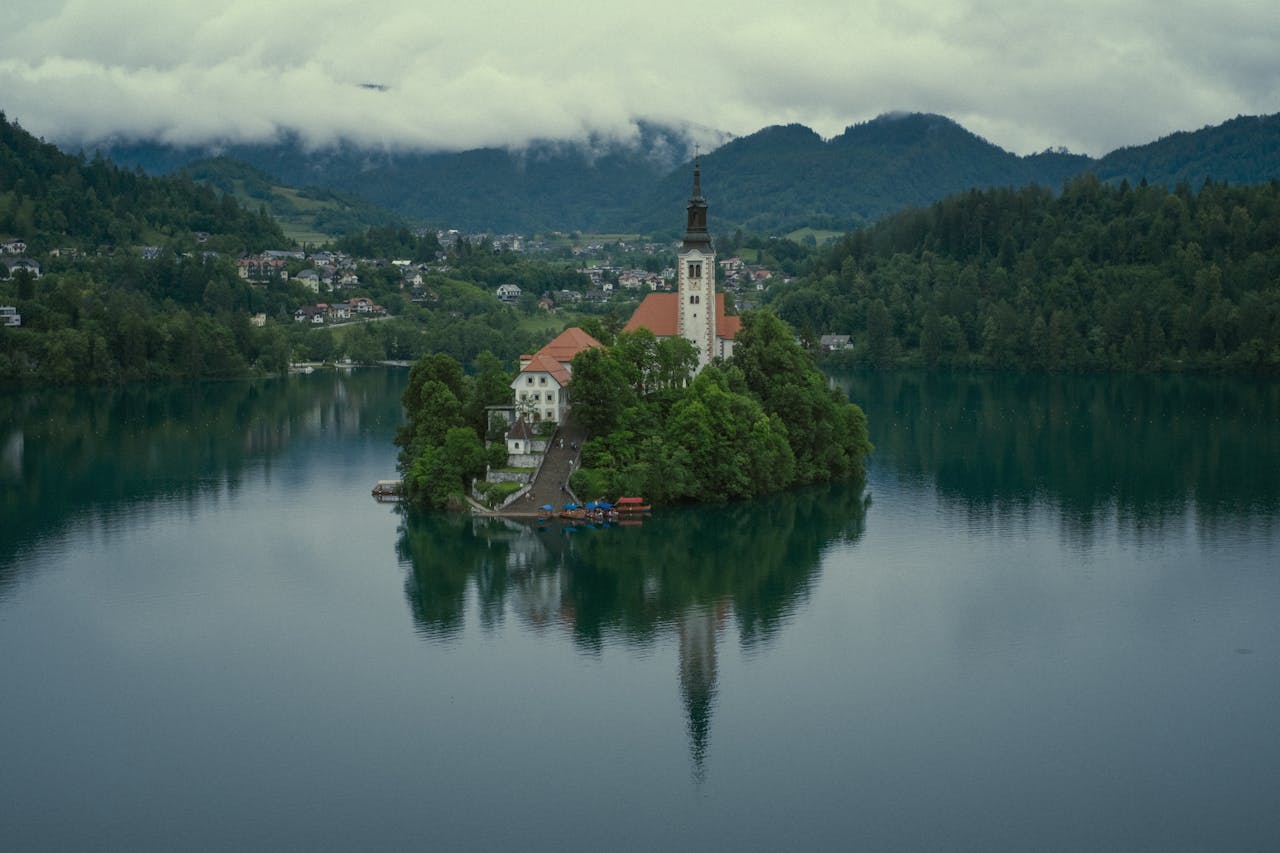
斯洛維尼亞的主要城市有盧布爾雅那(首都)、馬裡博爾、採列、克拉尼和韋萊涅。較小但重要的城市包括耶塞尼采、科佩爾、穆爾斯卡索博塔、新戈里察、新梅斯托和特爾博夫列。斯洛維尼亞的海岸線很短,幾乎是內陸國家。該國有三個主要港口:伊佐拉港、科佩爾港和皮蘭港。主要機場有盧布爾雅那約熱普奇尼克機場、馬裡博爾愛德華魯斯揚機場和波爾托羅機場。
斯洛維尼亞擁有豐富的自然和文化景點,吸引世界各地的遊客。以下是七個最重要的旅遊景點:
- 布萊德湖:布萊德湖以其風景如畫的環境、清澈見底的湖水和帶有教堂的標誌性島嶼而聞名。遊客可以乘坐稱為 pletnas 的傳統木船探索湖泊,徒步前往布萊德城堡欣賞全景,或盡情享用著名的布萊德奶油蛋糕。
- 波斯托伊納溶洞:波斯托伊納洞穴是歐洲最廣泛的洞穴系統之一,提供迷人的地下體驗。遊客可以在導遊的帶領下穿過迷宮般的通道,驚嘆於令人驚嘆的岩層,並遇到獨特的洞穴生物,如洞蠑螈,也被稱為“人類魚”。
- 盧布爾雅那: 斯洛維尼亞迷人的首都盧布爾雅那散發著歷史魅力、建築之美和充滿活力的文化生活。沿著風景如畫的盧布爾雅那河漫步,探索中世紀舊城區及其鵝卵石街道和色彩繽紛的外牆,並參觀盧布爾雅那城堡、普雷舍倫廣場和三重橋等景點。
- 普雷賈瑪城堡: 普雷賈瑪城堡 (Predjama Castle) 坐落在懸崖峭壁上,是一座充滿歷史和傳說的中世紀奇蹟。這座城堡建在一個洞口內,享有周圍鄉村的壯麗景色,並讓您深入了解斯洛維尼亞豐富的中世紀遺產。
- 什科茨揚石窟:被指定為聯合國教科文組織世界遺產的斯科茨揚洞穴是一個地質仙境,擁有巨大的地下洞室、雄偉的鐘乳石和石筍以及地下河峽谷。導遊帶領遊客遊覽這一自然傑作,展示其令人驚嘆的美麗和科學意義。
消費市場
該國的行動普及率為112.8%。預計未來幾年將出現成長,其中包括斯洛維尼亞人口的持續成長。外國投資者選擇斯洛維尼亞的原因有很多。
The nation’s good connections with markets in Southeastern and Western Europe, its commitment to quality work and high business ethics, its highly skilled labor force, first-rate infrastructure, central location in Europe, and outstanding quality of life are the most important reasons.
SIS International 斯洛維尼亞市場研究的預期結果
在 SIS國際, our market research in Slovenia services are designed to deliver tangible results and actionable insights that drive business success in the Slovenian market. Here’s what businesses can expect from partnering with SIS International:
降低風險:
By leveraging our in-depth market research in Slovenia, businesses can mitigate risks associated with market entry, expansion, and strategic decision-making in Slovenia. We help businesses navigate regulatory complexities, identify market opportunities, and anticipate competitive threats, enabling them to make informed decisions confidently.
增加收入:
Our market research in Slovenia and consulting services empower businesses to identify untapped market opportunities, optimize their product offerings, and develop targeted marketing strategies that resonate with Slovenian consumers, leading to increased sales and revenue growth.
節省成本:
透過有效的資源配置和有針對性的市場策略,企業可以最大限度地減少浪費,優化行銷投資並簡化運營,從而顯著節省成本並提高斯洛維尼亞市場的盈利能力。
時間效率:
我們及時且可行的見解使企業能夠加快決策過程,加速市場進入或擴張計劃,並利用動態的斯洛維尼亞市場中的時間敏感機會,確保競爭優勢和先發優勢。
加速成長和創新:
透過利用我們的市場情報和行業專業知識,企業可以主動創新,識別新興趨勢,並利用斯洛維尼亞市場的新成長途徑,推動加速成長並培養創新和創業文化。
提高投資報酬率:
合作夥伴 安全資訊系統 透過提供策略指導、可行的見解和可衡量的結果來推動長期成功和永續成長,幫助企業最大限度地提高在斯洛維尼亞市場的投資報酬率。
我們在紐約的工廠位置
11 E 22nd Street, Floor 2, 紐約, NY 10010 電話:+1(212) 505-6805
關於 SIS 國際
SIS國際 提供定量、定性和策略研究。我們為決策提供數據、工具、策略、報告和見解。我們也進行訪談、調查、焦點小組和其他市場研究方法和途徑。 聯絡我們 為您的下一個市場研究項目。

